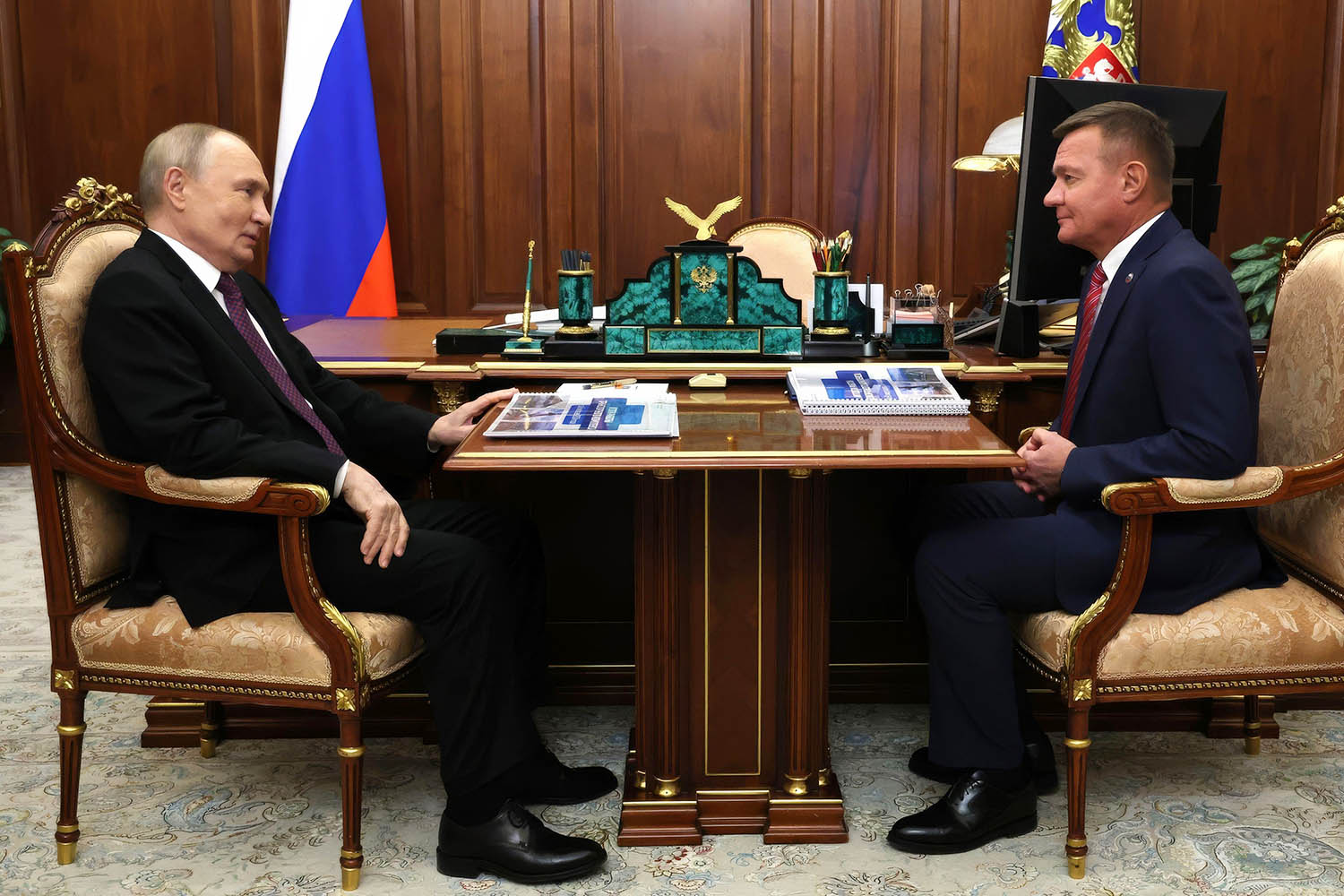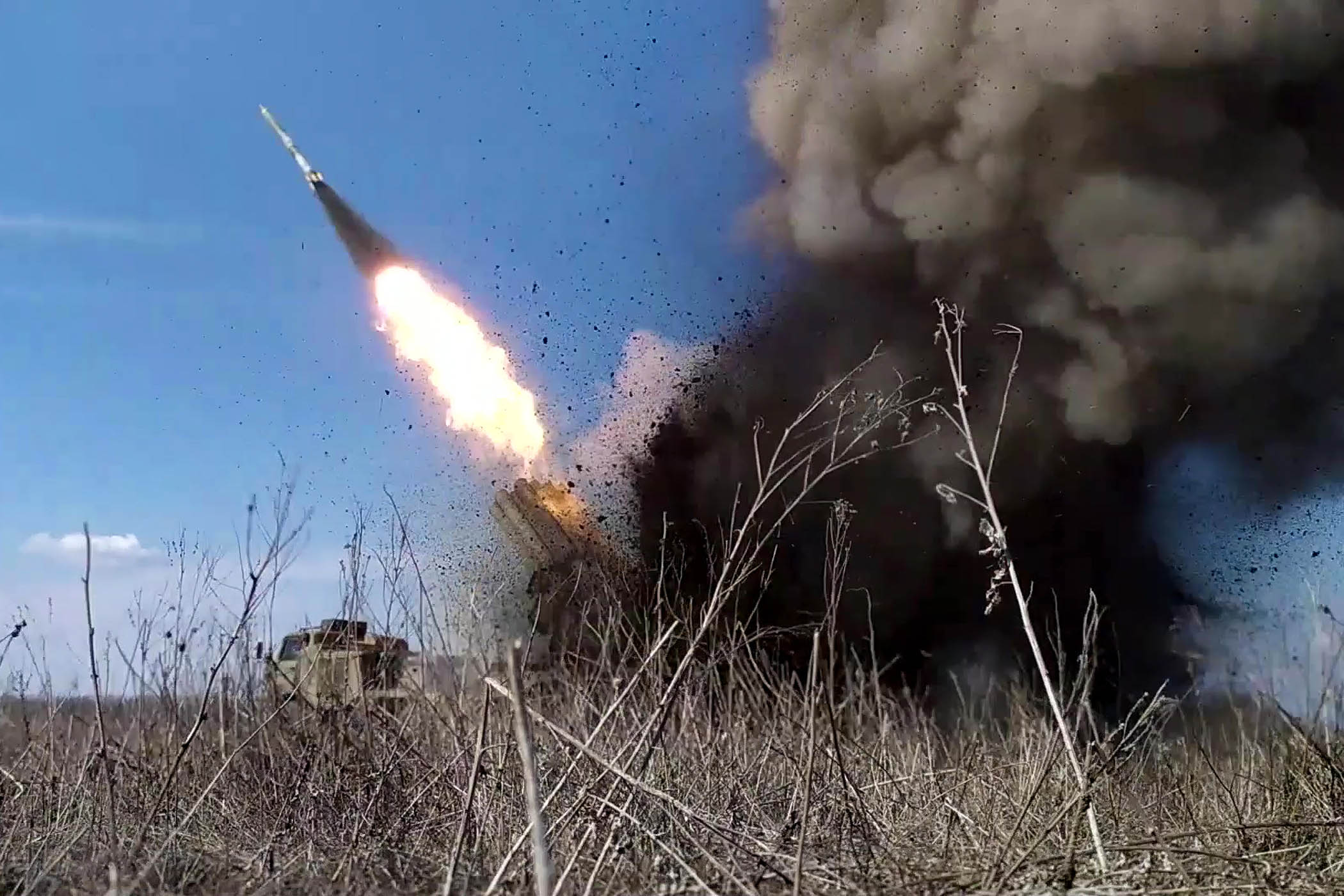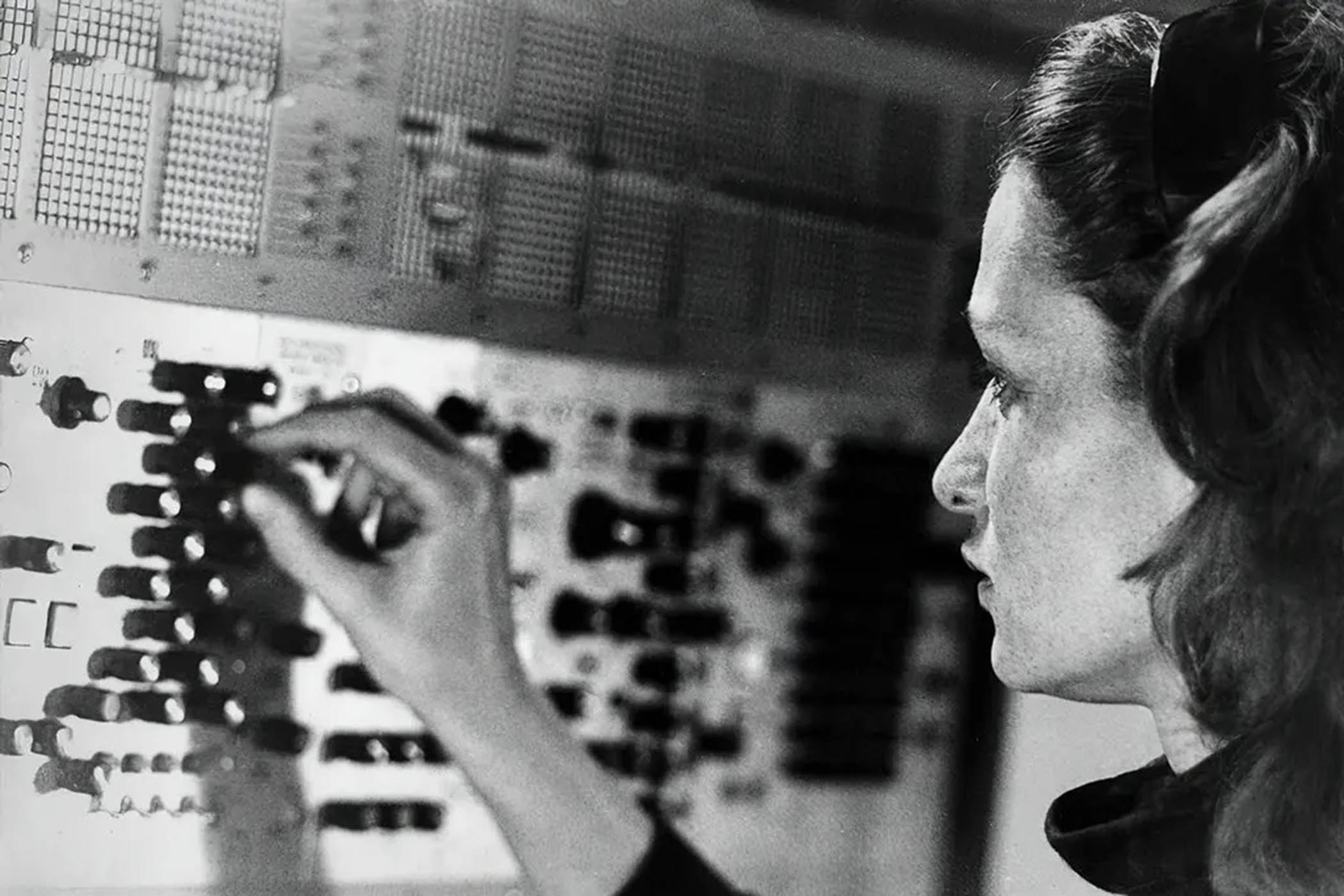Of the eight men to have served as Russia’s minister of transport since the break-up of the Soviet Union, Roman Starovoit did it for the shortest time. Yet there are more precarious places to hold the transport brief. The 419 days that Starovoit spent in charge of his country’s planes, trains and automobiles was longer than the time served by nine British transport secretaries since 1994.
At least they only lost their jobs. Causing political disappointment in Vladimir Putin’s Russia is often terminal. Starovoit, who died last week at the age of 53 in an apparent suicide, hours after being dismissed from his position, is the latest in a long line of Russian businessmen and officials who have died suddenly.
On the same day, Andrei Korneichuk, a 42-year-old railways official in his ministry, also died, reportedly of a heart attack, in his office at the age of 42. There is no indication the deaths are linked.
Starovoit’s body, was found on Monday inside his car in the Odintsovsky district of Moscow. The media group RBC reported that a commemorative Makarov pistol was found beside him, which he had been given in 2023 by the minister of internal affairs, Vladimir Kolokoltsev, as a reward for his service as governor of the Kursk region neighbouring Ukraine.
Newsletters
Choose the newsletters you want to receive
View more
For information about how The Observer protects your data, read our Privacy Policy
According to the Moscow online newspaper Mash, Starovoit had been at work in the ministry on Monday before it was announced he had been sacked. Others claimed he died earlier. Andrei Kartapolov, head of the state duma defence committee, said his death occurred “quite some time ago”.
Dmitry Peskov, a Kremlin spokesman, said the government was shocked by Starovoit’s death but would not give any reasons for his dismissal. It came after days of disruption to air travel in Russia, in which 485 flights were cancelled because of the threat of Ukrainian drone attacks. His successor as transport minister is Andrei Nikitin, former governor of Novgorod.
According to some Russian news outlets, Starovoit was facing the threat of a criminal fraud investigation after Alexei Smirnov, his successor as governor of Kursk, allegedly testified against him. Smirnov, who resigned as governor after seven months, was arrested in April on suspicion of being involved in the embezzlement of at least 1bn rubles (about £9.5m) allocated to build “dragon’s teeth” barriers on the Ukraine border to stop armoured vehicles. An investigation found a weaker grade of concrete had been used than that paid for, which crumbled in rain and snow.
Roman Vladimirovich Starovoit was born in the southwestern city of Kursk, the site of the largest tank battle in history when the Soviets repelled the Nazis in 1943.
His father worked at a nuclear power plant but the family moved two years later when he was transferred to a job in Leningrad, now St Petersburg.
Starovoit junior graduated from university with a degree in thermal engineering before starting work at a regional investment agency. In 2002 he became chief executive of the construction company Stroyinvest, then held roles in strategic projects for the government of St Petersburg.
In 2012 Starovoit became head of the federal road agency, based in Moscow, where he worked for six years. In 2018 he was asked to be interim governor of Kursk and a year later he won 81% of the vote in the gubernatorial election.
Kursk was one of the regions where Russian units amassed before Putin ordered the invasion of Ukraine in February 2022. Four months later, Starovoit visited the self-declared People’s Republic of Donetsk in occupied Ukraine and announced that “as a human being, we cannot leave our people in a difficult situation”.
In August that year, Ukrainian saboteurs destroyed transmission towers at the Kursk power station where Starovoit’s father had worked. A year later he created a territorial defence unit as the region came under attack. He was recalled to Moscow to become minister of transport in 2024k.
Forbes Russia described Starovoit as an “uncompromising controller”, though he claimed his expertise lay in “the implementation of specific projects” rather than as a politician. After little more than a year in government, he had apparently disappointed his masters, with the customary result.
Dissidents, however, claimed that his death was a blow to Putin. “The Kremlin is accustomed to treating officials as expendable,” the journalist Farida Rustamova wrote on Telegram. “Today they work, tomorrow we’ll lock them up and find someone else. By taking his own life, Starovoit broke these rules. He disobeyed Putin and, instead of meekly going to prison, chose to shoot himself.”
Roman Starovoit, Russian politician, was born 20 January 1972 and died 7 July 2025, aged 53
Photograph by Gavriil Grigorov/Kremlin Pool/Alamy



